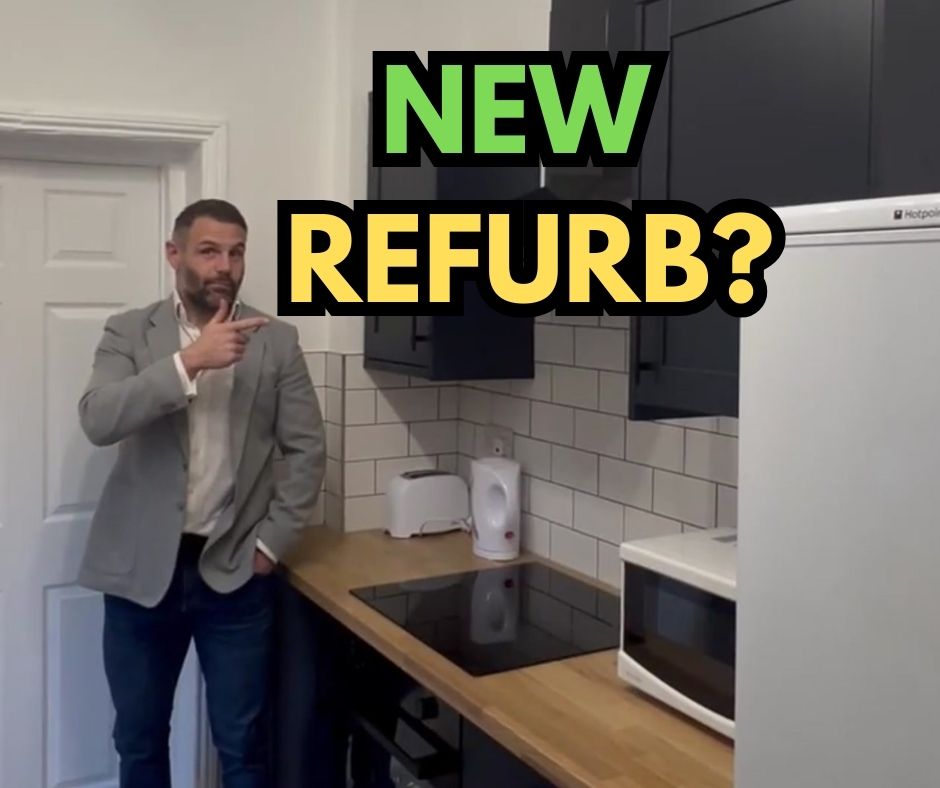Avoid burst pipes in a cold freeze-make sure you give this information to your tenants! How to avoid burst pipes in a...
Avoid burst pipes in a cold freeze-make sure you give this information to your tenants!
How to avoid burst pipes in a cold freeze
1. Know where your stopcock is and how to turn it off
2. Check existing insulation and replace areas showing wear and tear
3. Fully lag all pipes if possible but especially those in unheated areas such as lofts, garages or gardens
4. Get advice about insulation thickness from the experts at a DIY store
5. Isolate and drain outside taps
6. On very cold days, leave the loft hatch open to allow warm air to circulate and prevent pipes from freezing
7. Keep the central heating at a minimum 12C-15C, if it is forecast to freeze
8. If you go away for a few days, ask a friend to visit and keep watch for leaks
9. If you go away for an extended period, leave your central heating on at a minimum 12C-15C
10. Cold water tanks should be insulated on all sides but not underneath to allow warm air to circulate
What to do if you discover a problem
1. If you haven’t any water, check with neighbours. If they have no interruption to their supplies, your pipes may be frozen
2. Check pipes for signs of a split-a burst pipe will not occur until the water has thawed
3. Turn off the water supply using the stopcock
4. Drain the system by flushing the toilet and opening cold taps over sinks and baths
5. Turn off the central heating and any other water heating appliances
6. If you don`t find any damage, turn on all the taps and thaw the frozen pipe using a warm towel or hot water bottle
7. When the pipes have thawed and you are sure no damage or leak has occurred, turn off the taps and slowly switch the supply back using the stopcock
8. Check the pipes again now that they are under pressure and check again for signs of damage or a leak before switching on water heating appliances
9. If you discover a leak or burst pipe, call us immediately


 posted by
posted by 


Share this with
Email
Facebook
Messenger
Twitter
Pinterest
LinkedIn
Copy this link